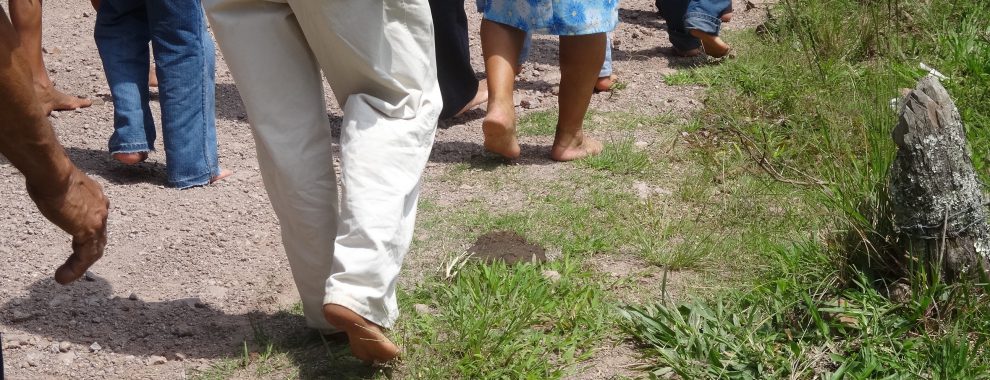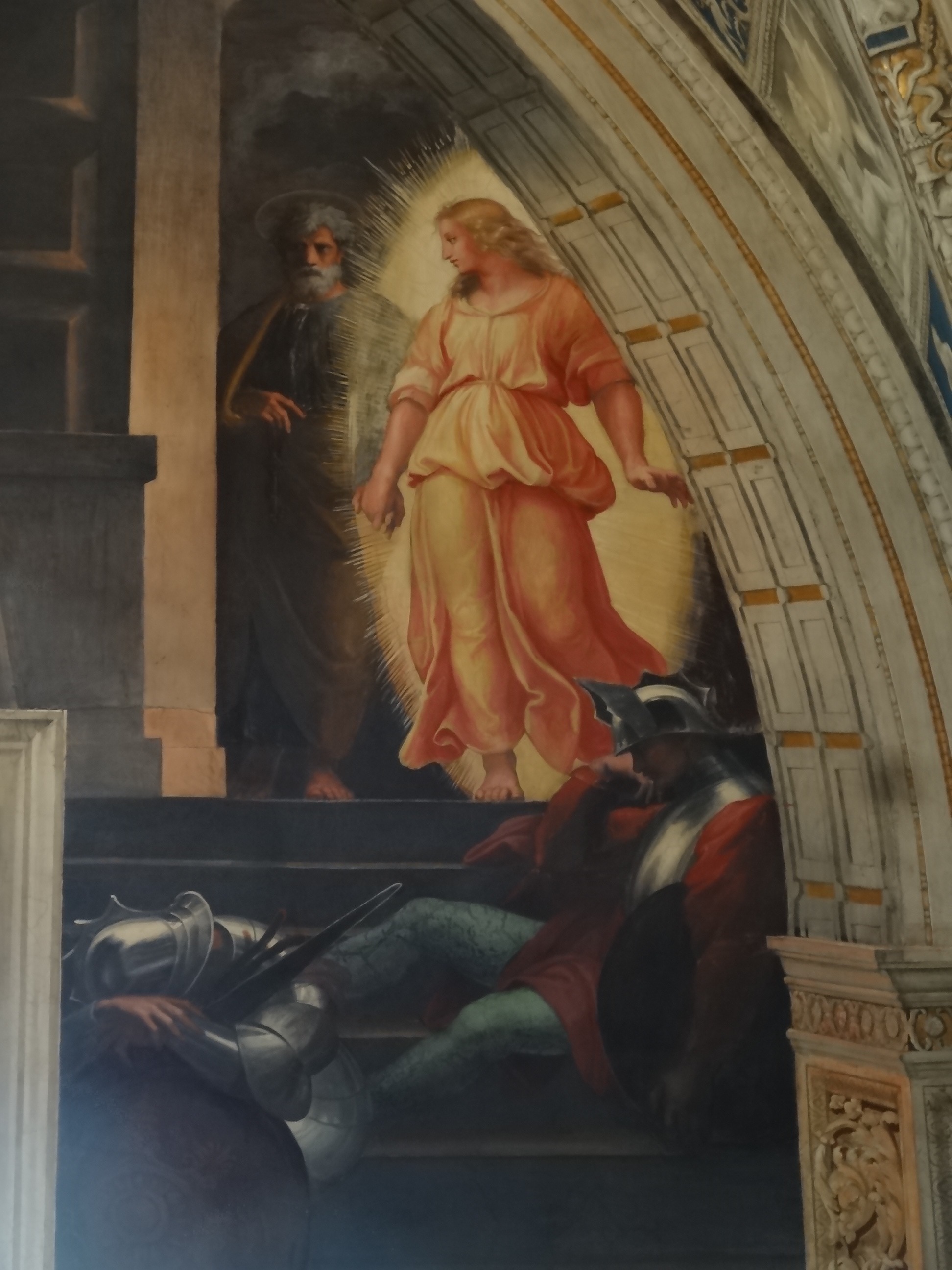Thoughts on the readings for the Third Sunday of Ordinary Time, Cycle B
Jonah 3: 1-5, 10; 1 Corinthians 7:29-3; Mark 1: 14-20
Evangelization, sharing the Good News, involves conversion, change. In fact, conversion is part of the Good News.
In Mark’s Gospel, Jesus begins his mission proclaiming “The kingdom of God is at hand. Repent, and believe in the gospel.”
Jesus knows that “The world in its present form is passing away” and that’s good. That will be good for everyone of us.
Jonah flees the Good News. He is satisfied with the current situation.
He is called by God to go to Niniveh, the enemy of his people, to call them to repentance. No way, he says and flees to the ends of the earth. But God has other plans; a storm and a big fish intervene. The fish throws him up on the shore. When God calls him to go to Niniveh again, Jonah goes, probably reluctantly. There he gets a big surprise. Niniveh repents and is not destroyed. The enemy has a second chance. Jonah is not at all happy and goes out and pouts.
He is comfortable with bad news – the destruction of an unrepentant enemy. But he can’t tolerate good news – that they repented and lived.
He is content to point out the faults of the other and that’s what he preaches. I don’t think he really believes in the possibility of something good coming out of other people. It’s much easier to attack others, to point out their faults, to show where they are wrong – rather than showing them how they can turn away from what keeps them from really living as God wants.
Jesus is all so different. He begins by preaching that “the Kingdom of God is at hand.” He offers them an alternative. He shows them the way.
All too often I see people in the church pointing out the sins of others, their moral evils, their failings. This is easy to do – since
But the way to lead people to the Kingdom is, I believe, to show them the beauty of the Reign of God and what they what do to get there.
It is also easier to point out others’ faults and sins than to identify our own. Jesus spoke clearly about this.









